Home>Home Appliances>Cleaning Appliances>How Many Watts For A Vacuum Cleaner
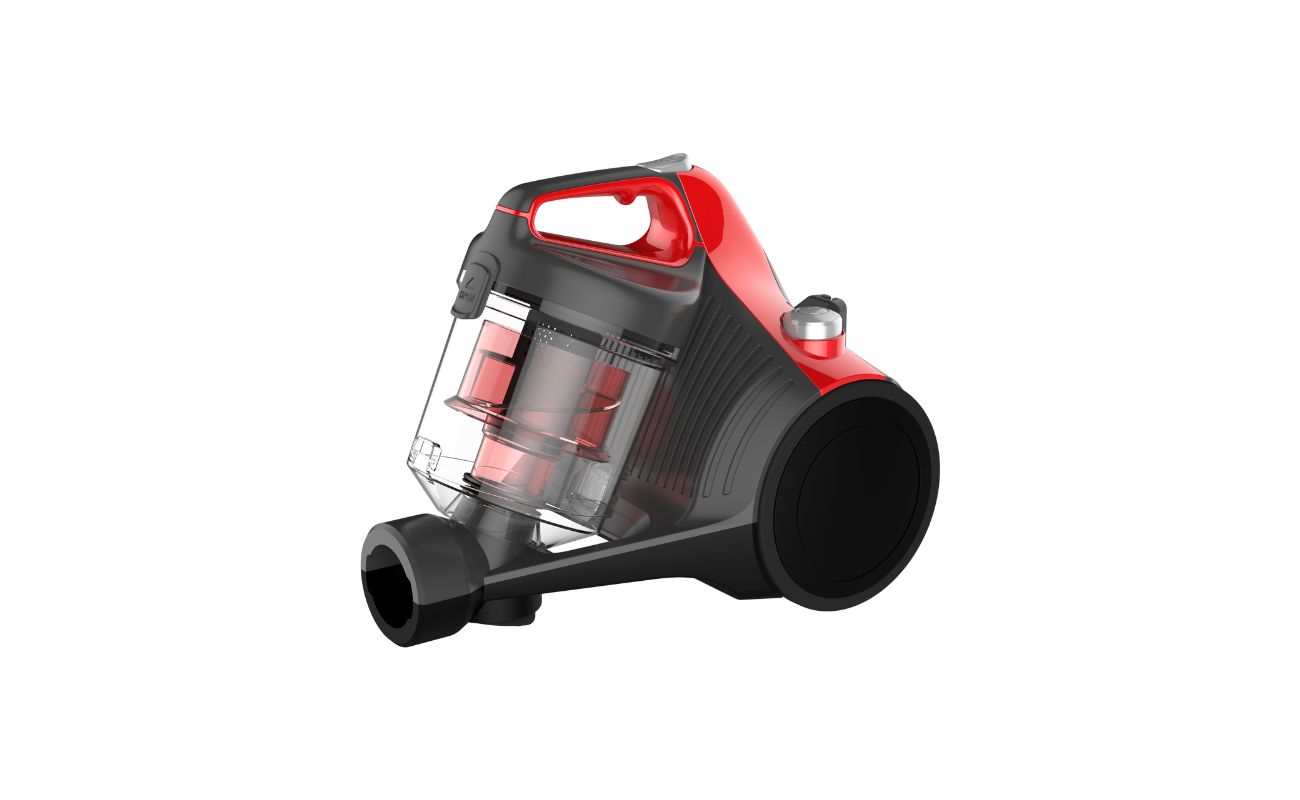

Cleaning Appliances
How Many Watts For A Vacuum Cleaner
Modified: February 23, 2024
Discover the ideal wattage for your cleaning appliances. Learn how many watts are needed for an efficient vacuum cleaner. Choose the right power for your cleaning needs.
(Many of the links in this article redirect to a specific reviewed product. Your purchase of these products through affiliate links helps to generate commission for Storables.com, at no extra cost. Learn more)
Understanding Vacuum Cleaner Wattage
Introduction
When it comes to choosing a vacuum cleaner, wattage is often a key consideration. The wattage of a vacuum cleaner is a measure of its power consumption and, by extension, its suction and cleaning capabilities. However, understanding how many watts are needed for a vacuum cleaner can be a bit complex. In this article, we will delve into the world of vacuum cleaner wattage, exploring its significance, the factors that influence it, and how to determine the optimal wattage for different surfaces. Additionally, we will touch on the relationship between energy efficiency and wattage, providing valuable insights for consumers looking to make informed decisions when purchasing a new vacuum cleaner. So, let's embark on this journey to unravel the mysteries of vacuum cleaner wattage!
Key Takeaways:
- Vacuum cleaner wattage is not the only factor for cleaning performance. Advanced technology and design can make lower wattage models just as effective, saving energy and delivering exceptional results.
- Consider surface-specific wattage needs. Different surfaces like carpets and hardwood floors require varying wattage ranges for optimal cleaning, showcasing the importance of choosing the right vacuum cleaner for specific cleaning tasks.
Read more: How Many Decibels Is A Vacuum Cleaner
Understanding Vacuum Cleaner Wattage
When it comes to vacuum cleaners, wattage is a measure of the electrical power consumed by the motor. In the past, higher wattage was often equated with better suction power and overall cleaning performance. However, advancements in vacuum cleaner technology have led to more efficient designs, challenging the notion that higher wattage always translates to superior cleaning capabilities.
It’s important to understand that the wattage of a vacuum cleaner is just one factor that contributes to its overall performance. While a higher wattage motor can potentially generate stronger suction, it’s not the sole determinant of a vacuum cleaner’s effectiveness. Factors such as the design of the vacuum cleaner, the efficiency of the filtration system, the quality of the brush roll, and the overall airflow play crucial roles in determining cleaning performance.
Modern vacuum cleaners are designed to optimize power consumption while delivering exceptional cleaning results. This means that a lower wattage vacuum cleaner with advanced engineering and design features can outperform an older, higher wattage model. Manufacturers have focused on improving the efficiency of motors and enhancing the overall airflow to maximize cleaning effectiveness, even at lower wattages.
Understanding vacuum cleaner wattage involves recognizing that it’s not the only metric to consider when evaluating a vacuum cleaner’s performance. Consumers should look beyond wattage and consider other crucial factors such as suction power, filtration efficiency, maneuverability, and the adaptability of the vacuum cleaner to different surfaces and cleaning tasks.
As we continue our exploration, we will delve deeper into the factors that influence vacuum cleaner wattage and how to determine the optimal wattage for different surfaces. By gaining a comprehensive understanding of vacuum cleaner wattage and its relationship to cleaning performance, consumers can make well-informed decisions when selecting a vacuum cleaner that best suits their specific cleaning needs.
Factors Affecting Vacuum Cleaner Wattage
Several key factors influence the wattage of a vacuum cleaner, and understanding these elements is essential for making informed purchasing decisions. Let’s explore the primary factors that can affect a vacuum cleaner’s wattage:
- Motor Efficiency: The efficiency of the vacuum cleaner’s motor plays a significant role in determining its wattage. Modern vacuum cleaners are equipped with high-efficiency motors that can deliver powerful suction while consuming less energy. These advanced motors contribute to the overall reduction in wattage without compromising cleaning performance.
- Filtration System: The design and effectiveness of the filtration system impact the vacuum cleaner’s wattage. A well-engineered filtration system can maintain optimal airflow and suction power, allowing the vacuum cleaner to achieve superior cleaning results with lower power consumption.
- Brush Roll Design: The quality and design of the brush roll also influence the wattage requirements of a vacuum cleaner. An efficient brush roll can contribute to effective dirt and debris removal, reducing the need for higher wattage to achieve thorough cleaning.
- Airflow Optimization: The overall airflow design of the vacuum cleaner, including the arrangement of air channels and the utilization of advanced aerodynamics, can impact its wattage. Optimized airflow systems can enhance cleaning performance while minimizing power consumption.
- Surface Adaptability: Vacuum cleaners designed to adapt to various surfaces, such as carpets, hardwood floors, and upholstery, may require different wattage levels to deliver optimal cleaning results across different settings. The ability of a vacuum cleaner to adjust its cleaning mode based on the surface being cleaned can influence its wattage requirements.
By considering these factors, consumers can gain insights into the nuanced relationship between vacuum cleaner wattage and performance. It’s crucial to recognize that a lower wattage vacuum cleaner equipped with advanced motor technology, an efficient filtration system, and optimized airflow can deliver exceptional cleaning results while conserving energy. As we delve deeper into this exploration, we will further elucidate the optimal wattage requirements for different surfaces, empowering consumers to make well-informed choices when selecting a vacuum cleaner that aligns with their specific cleaning needs.
When choosing a vacuum cleaner, look for one with at least 600-1400 watts for good suction power. Consider the size of your home and the type of flooring when deciding on the wattage.
Optimal Wattage for Different Surfaces
When considering the optimal wattage for vacuuming different surfaces, it’s essential to understand the varying cleaning requirements posed by carpets, hardwood floors, and other surfaces. The ideal wattage for a vacuum cleaner can depend on factors such as the surface texture, the depth of the carpet pile, and the type of debris being removed. Let’s explore the optimal wattage considerations for different surfaces:
- Carpets: Cleaning carpets effectively often requires a vacuum cleaner with sufficient power to penetrate the carpet pile and extract embedded dirt and debris. For low to medium pile carpets, a vacuum cleaner with a wattage range of 600 to 1500 watts can deliver effective cleaning performance. However, for high pile carpets or those with dense, plush fibers, a higher wattage of 1500 watts or more may be beneficial to ensure thorough dirt removal.
- Hardwood Floors: Vacuuming hardwood floors demands a balance between suction power and surface protection. Opting for a lower wattage vacuum cleaner in the range of 300 to 700 watts can be suitable for efficiently removing surface debris from hardwood floors without causing potential damage. Additionally, features such as adjustable suction settings and specialized floor attachments can enhance the cleaning effectiveness without requiring high wattage.
- Upholstery and Drapery: When cleaning delicate upholstery and drapery, a lower wattage vacuum cleaner in the range of 300 to 700 watts is often sufficient. The focus here is on gentle yet effective cleaning, and modern vacuum cleaners with lower wattage can deliver precise suction control to safeguard delicate fabrics while removing dust and debris.
It’s important to note that while wattage plays a role in cleaning performance, the design and engineering of the vacuum cleaner, along with the effectiveness of its attachments and accessories, are equally crucial in achieving optimal results across different surfaces. Advanced brush roll designs, specialized cleaning nozzles, and adjustable suction settings can significantly enhance a vacuum cleaner’s ability to clean various surfaces effectively, even at lower wattages.
By understanding the optimal wattage considerations for different surfaces, consumers can make informed decisions when selecting a vacuum cleaner that aligns with their specific cleaning needs. As we continue our exploration, we will delve into the relationship between energy efficiency and wattage, shedding light on how advancements in vacuum cleaner technology have redefined the importance of wattage in achieving exceptional cleaning performance.
Energy Efficiency and Wattage
As the demand for sustainable and eco-friendly appliances continues to grow, the relationship between energy efficiency and vacuum cleaner wattage has become a pivotal consideration for both consumers and manufacturers. Energy efficiency encompasses the ability of a vacuum cleaner to deliver optimal cleaning performance while minimizing power consumption and environmental impact. Let’s explore the interplay between energy efficiency and wattage in the context of modern vacuum cleaners:
Advancements in vacuum cleaner technology have led to the development of high-efficiency motors, sophisticated airflow optimization, and enhanced filtration systems. These innovations have redefined the traditional correlation between wattage and cleaning performance. Modern vacuum cleaners are designed to achieve exceptional cleaning results with lower wattage, showcasing the industry’s commitment to energy efficiency and sustainability.
Lower wattage vacuum cleaners equipped with advanced engineering and design features can deliver impressive cleaning performance while consuming less energy. This shift towards energy-efficient designs has empowered consumers to make environmentally conscious choices without compromising on cleaning effectiveness. Additionally, energy-efficient vacuum cleaners contribute to reduced electricity consumption, leading to potential cost savings for consumers over the long term.
Furthermore, regulatory standards and initiatives aimed at promoting energy efficiency have influenced the design and manufacturing of vacuum cleaners. Energy labels and efficiency ratings provide consumers with valuable insights into a vacuum cleaner’s energy performance, allowing them to compare models based on their energy efficiency and environmental impact. These labels often take into account factors beyond wattage, such as annual energy consumption, dust re-emission, and cleaning performance on different surfaces.
By prioritizing energy efficiency alongside wattage considerations, consumers can select vacuum cleaners that not only meet their cleaning needs but also contribute to sustainable living practices. Manufacturers continue to innovate, incorporating energy-efficient technologies and sustainable materials into their vacuum cleaner designs, further underscoring the industry’s commitment to environmental responsibility.
As we conclude our exploration, it’s evident that the evolving landscape of vacuum cleaner technology has elevated energy efficiency as a defining factor alongside wattage. By embracing energy-efficient vacuum cleaners, consumers can enjoy powerful cleaning performance while reducing their environmental footprint and energy costs, aligning with the global movement towards sustainability and conservation.
Read more: How To Use A Vacuum Cleaner
Conclusion
As we conclude our journey into the realm of vacuum cleaner wattage, it’s evident that the significance of wattage extends beyond mere power consumption. Understanding the nuanced relationship between wattage, cleaning performance, and energy efficiency is crucial for consumers seeking the ideal vacuum cleaner to meet their specific cleaning needs.
Modern vacuum cleaners have transcended the traditional emphasis on high wattage, embracing advanced motor technology, optimized airflow systems, and enhanced filtration mechanisms to deliver exceptional cleaning results with lower power consumption. This evolution underscores the industry’s commitment to energy efficiency and sustainability, empowering consumers to make environmentally conscious choices without compromising on cleaning effectiveness.
By delving into the optimal wattage considerations for different surfaces, we’ve highlighted the importance of selecting a vacuum cleaner that aligns with the unique cleaning requirements posed by carpets, hardwood floors, upholstery, and drapery. The interplay between wattage, surface adaptability, and advanced cleaning features underscores the multifaceted nature of choosing the right vacuum cleaner for a diverse range of cleaning tasks.
Furthermore, the exploration of energy efficiency and its intrinsic connection to wattage has shed light on the pivotal role of sustainable practices in the design and manufacturing of vacuum cleaners. Consumers are empowered to prioritize energy-efficient models, contributing to environmental conservation and potential cost savings while enjoying powerful cleaning performance.
As consumers navigate the landscape of vacuum cleaner options, it’s essential to consider factors beyond wattage, such as suction power, filtration efficiency, and maneuverability. By embracing a holistic approach to evaluating vacuum cleaners, consumers can make well-informed decisions, selecting models that not only meet their cleaning needs but also align with their sustainability goals.
In essence, the journey into understanding vacuum cleaner wattage has revealed a dynamic tapestry of innovation, sustainability, and consumer empowerment. As the industry continues to evolve, the emphasis on energy efficiency, advanced cleaning technologies, and environmental responsibility will undoubtedly shape the future of vacuum cleaner design and usage, catering to the diverse needs of consumers while championing sustainable living practices.
Frequently Asked Questions about How Many Watts For A Vacuum Cleaner
Was this page helpful?
At Storables.com, we guarantee accurate and reliable information. Our content, validated by Expert Board Contributors, is crafted following stringent Editorial Policies. We're committed to providing you with well-researched, expert-backed insights for all your informational needs.
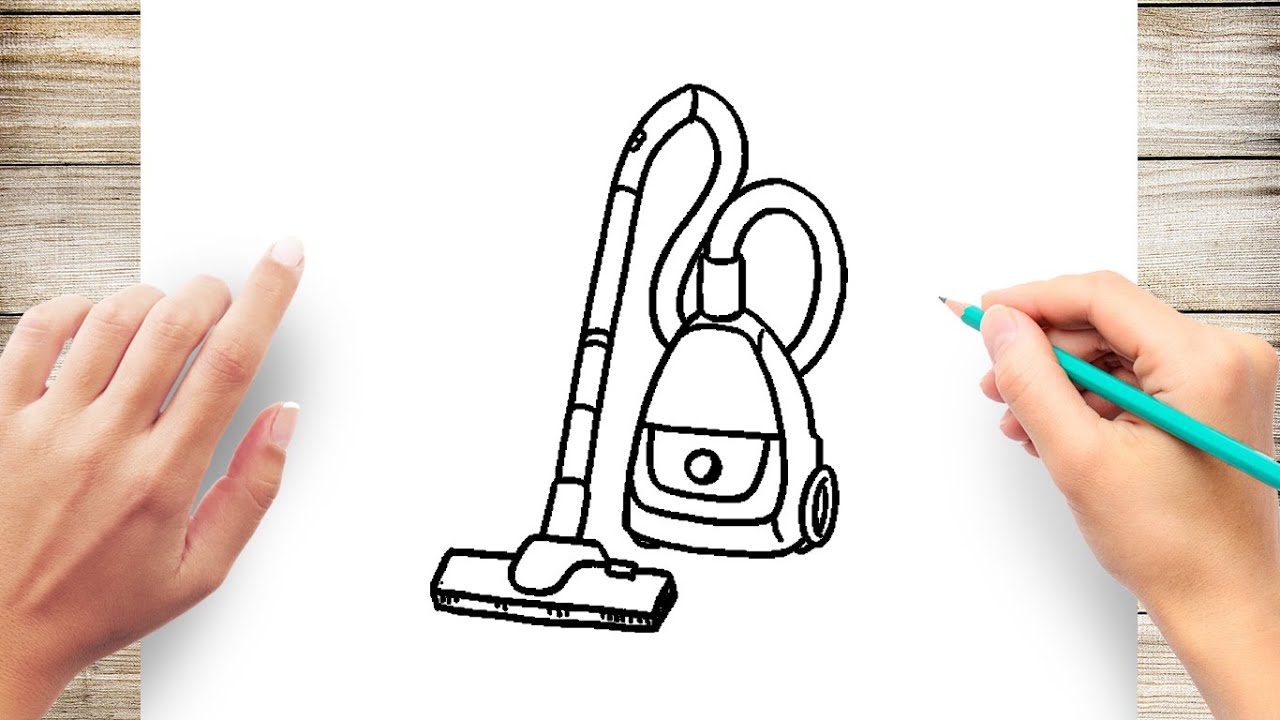
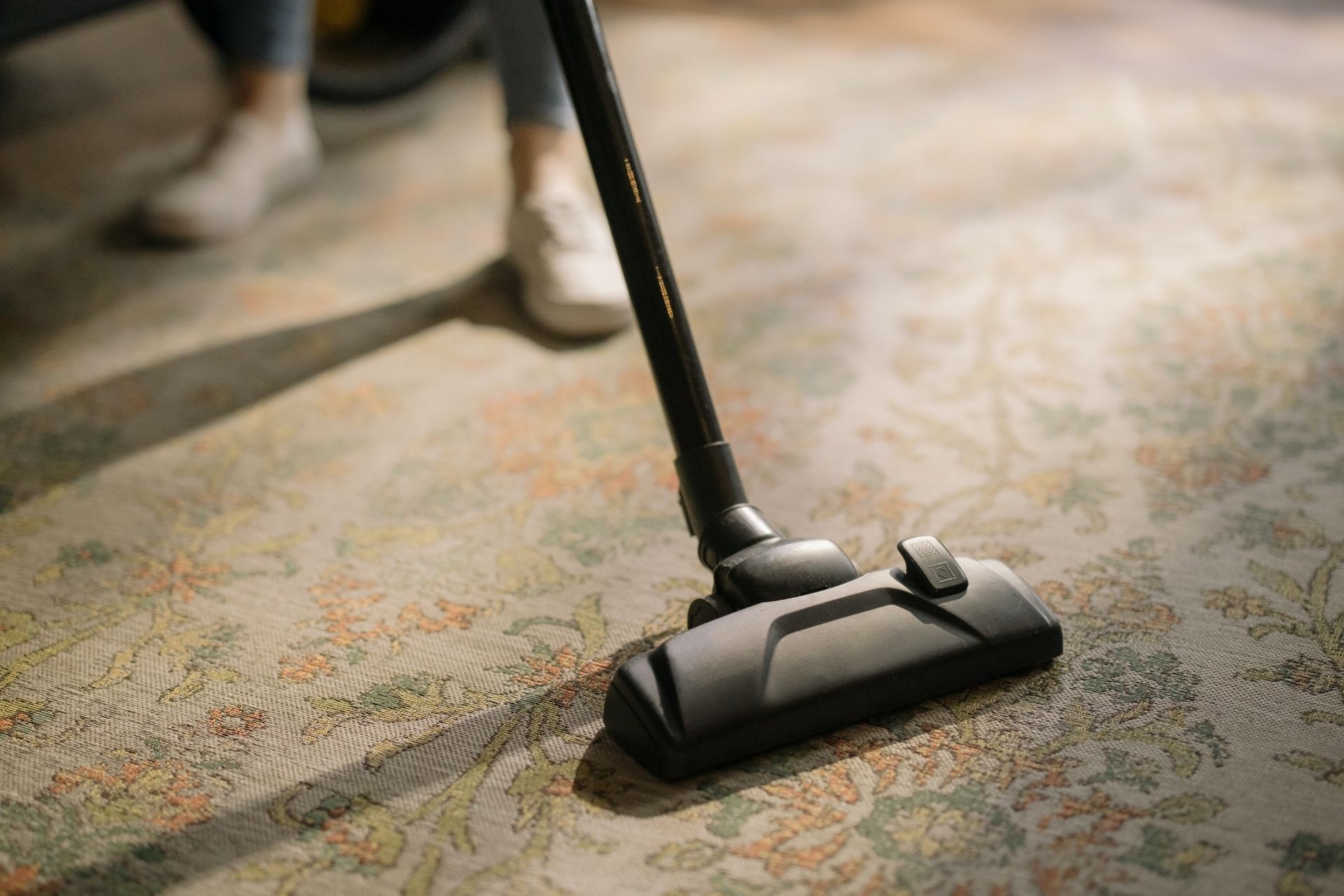
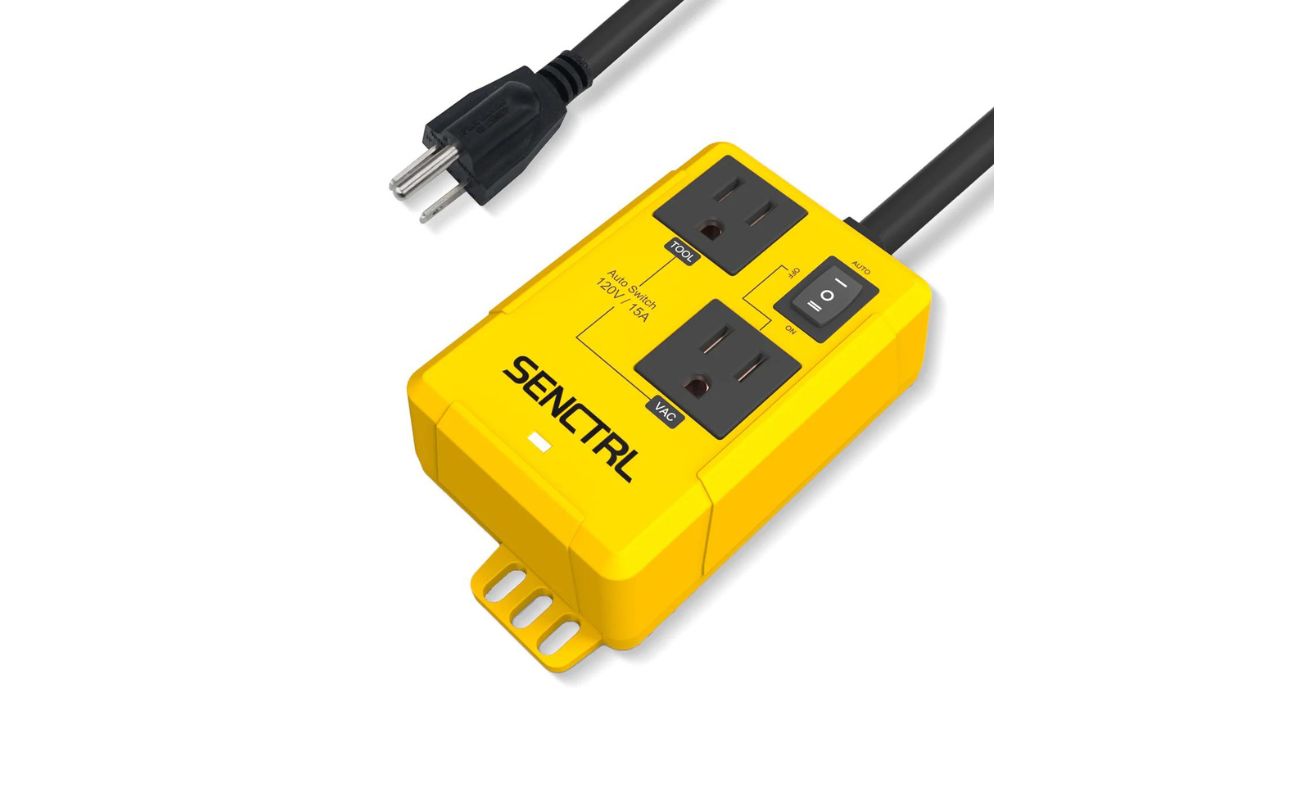
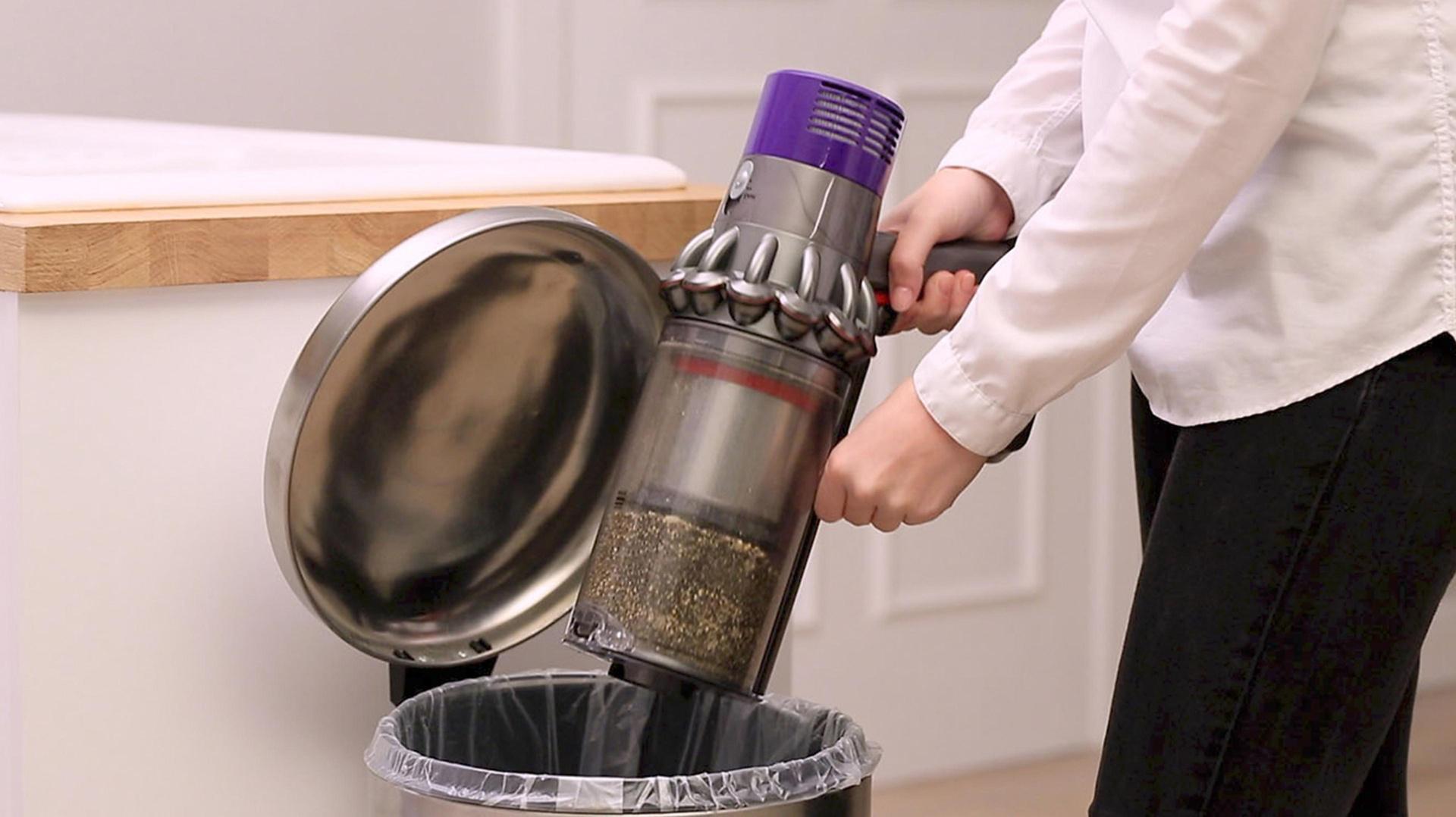
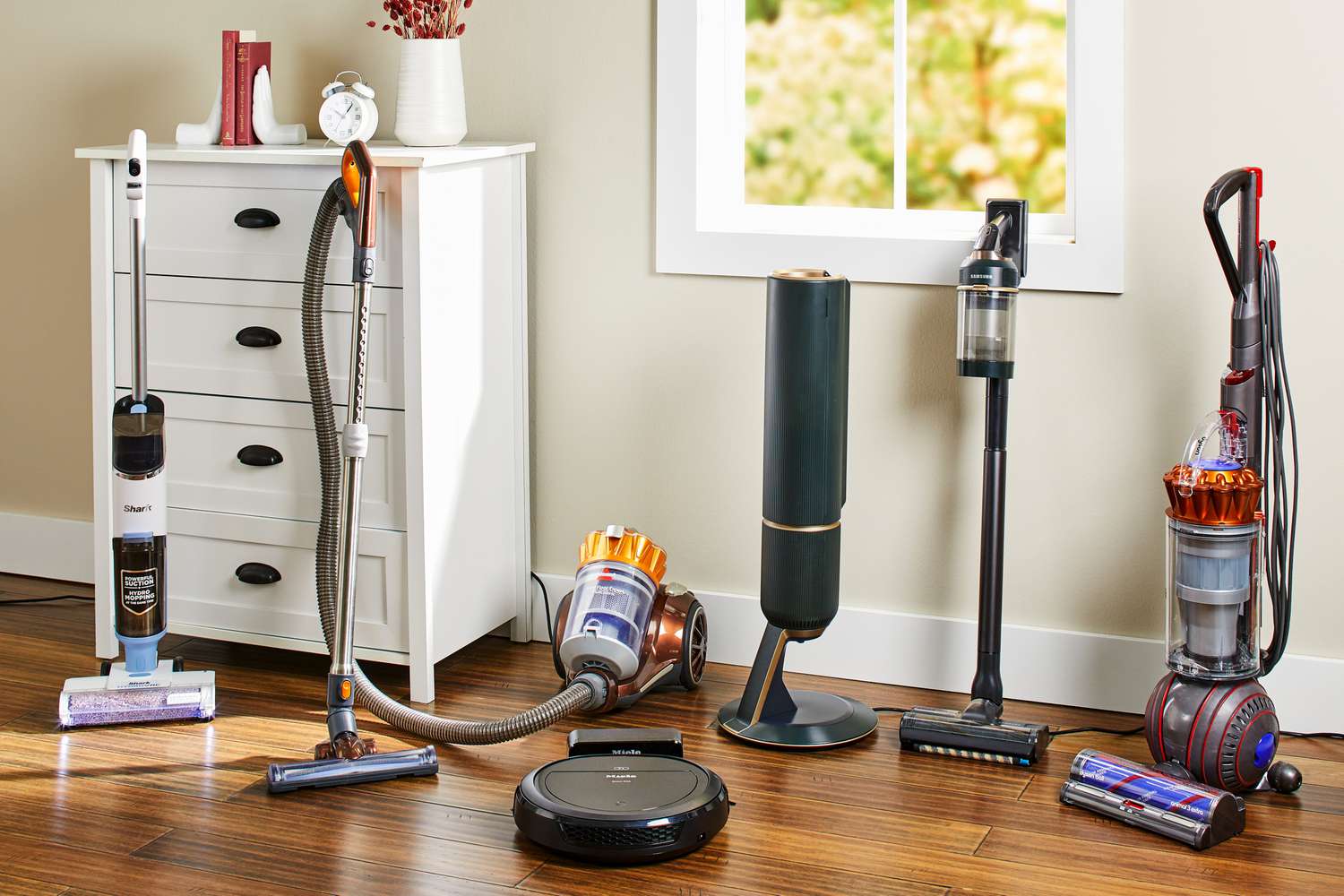
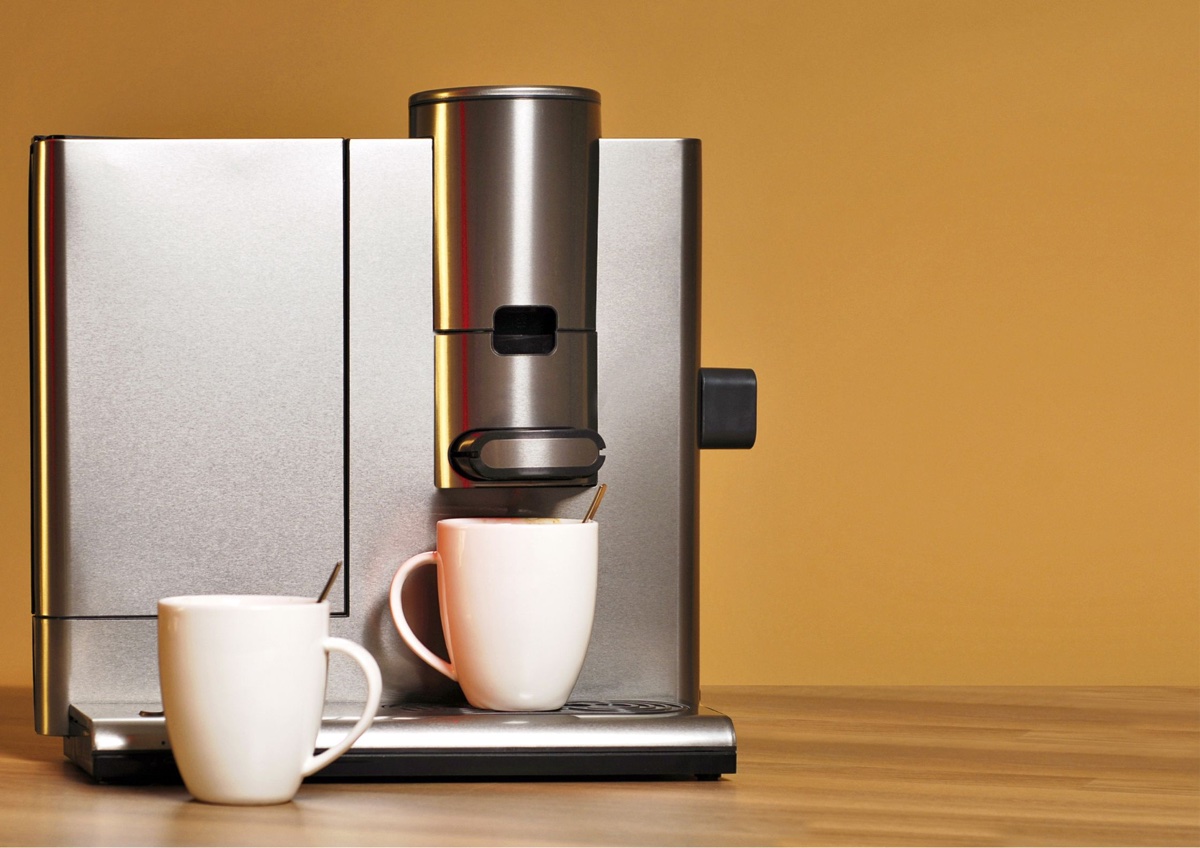
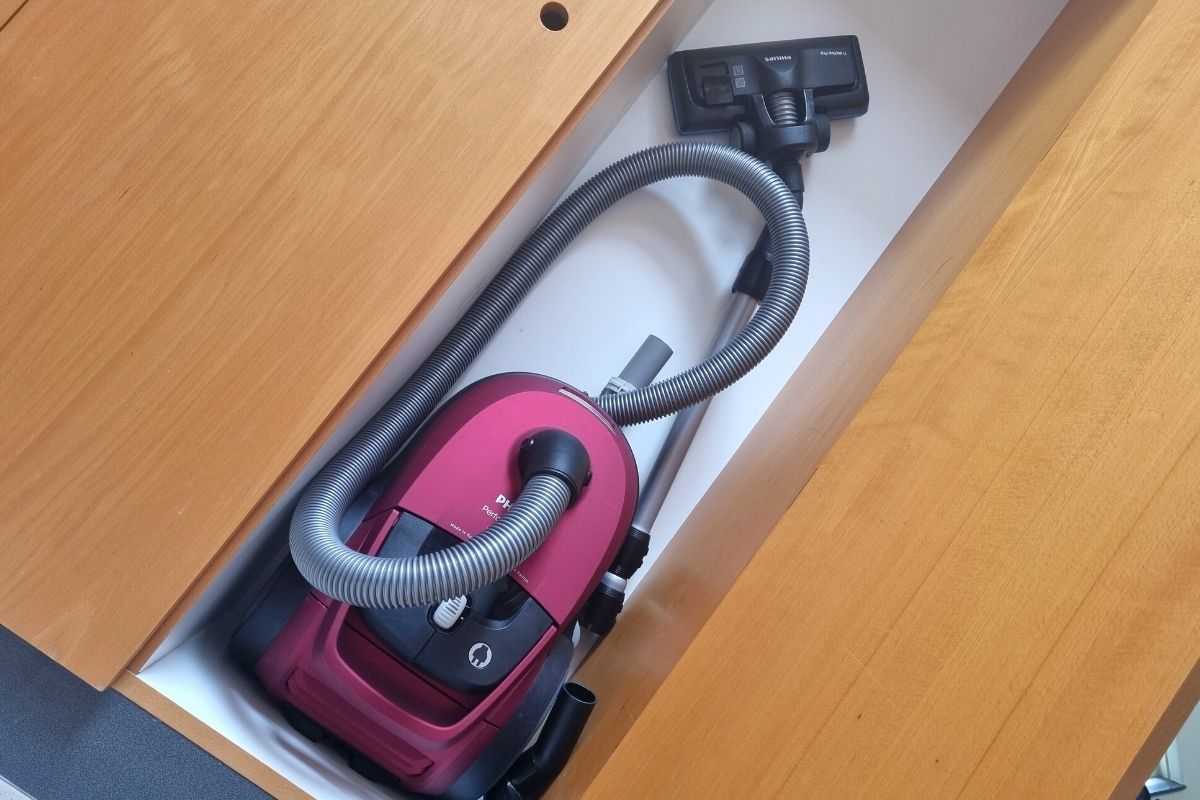
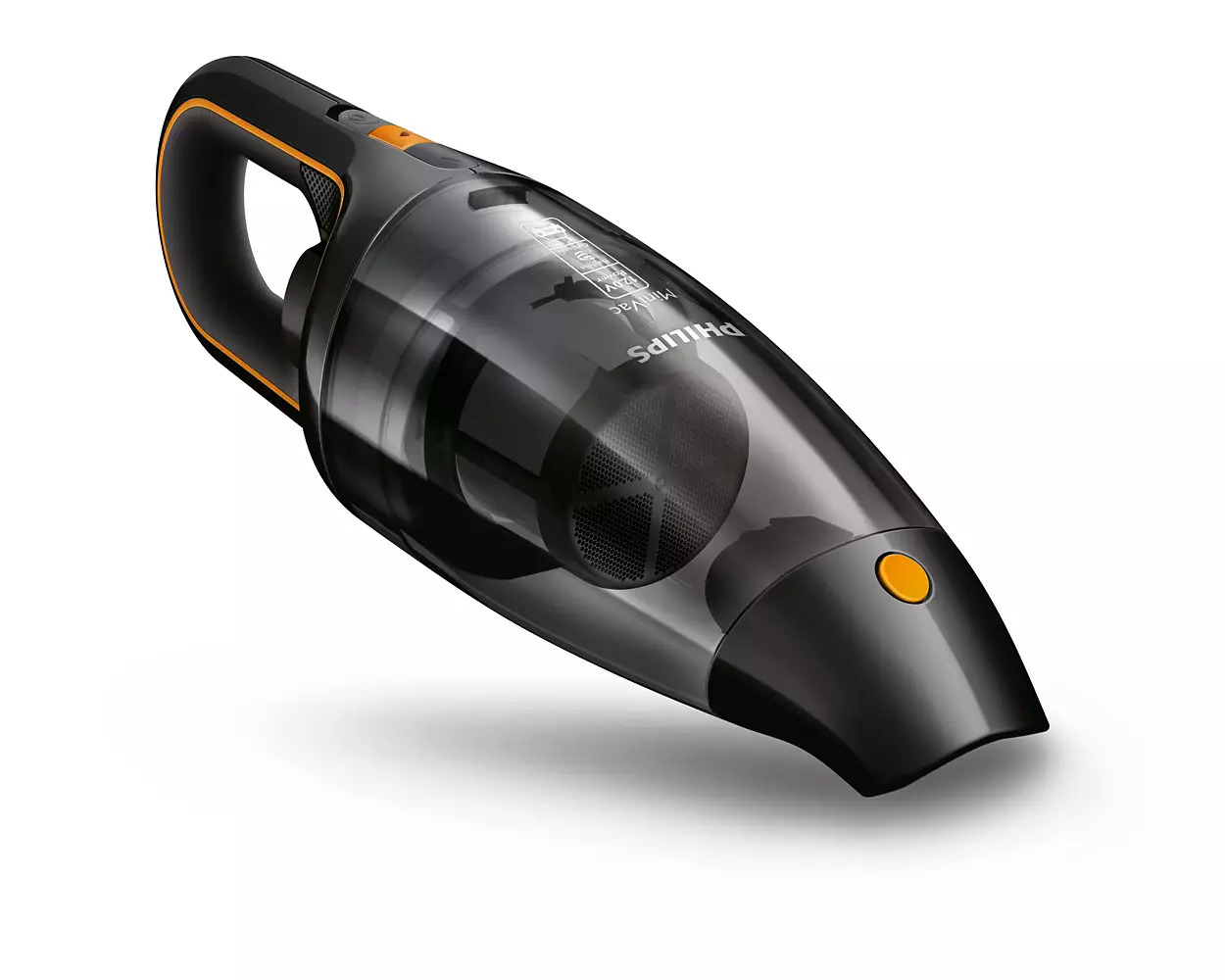
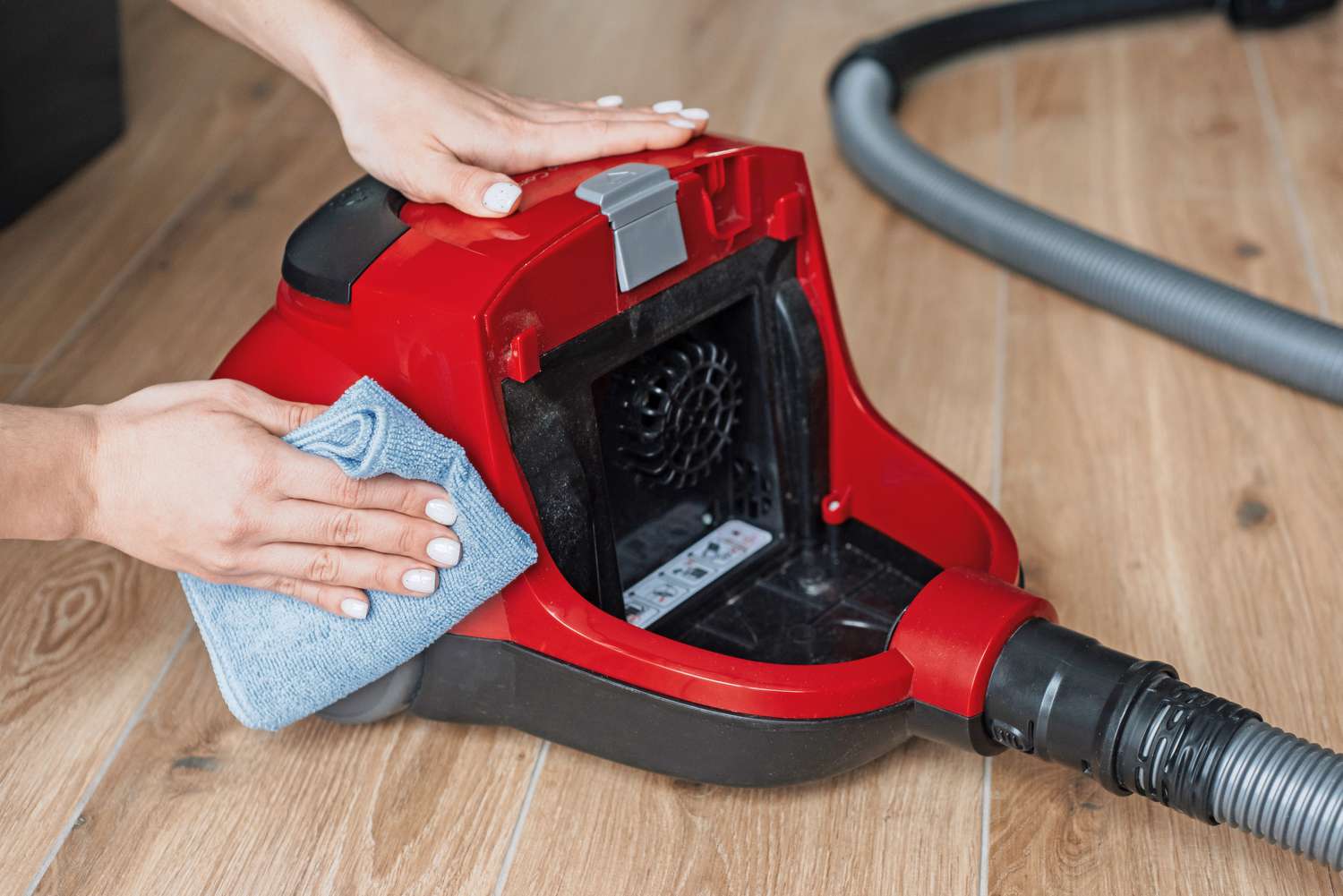
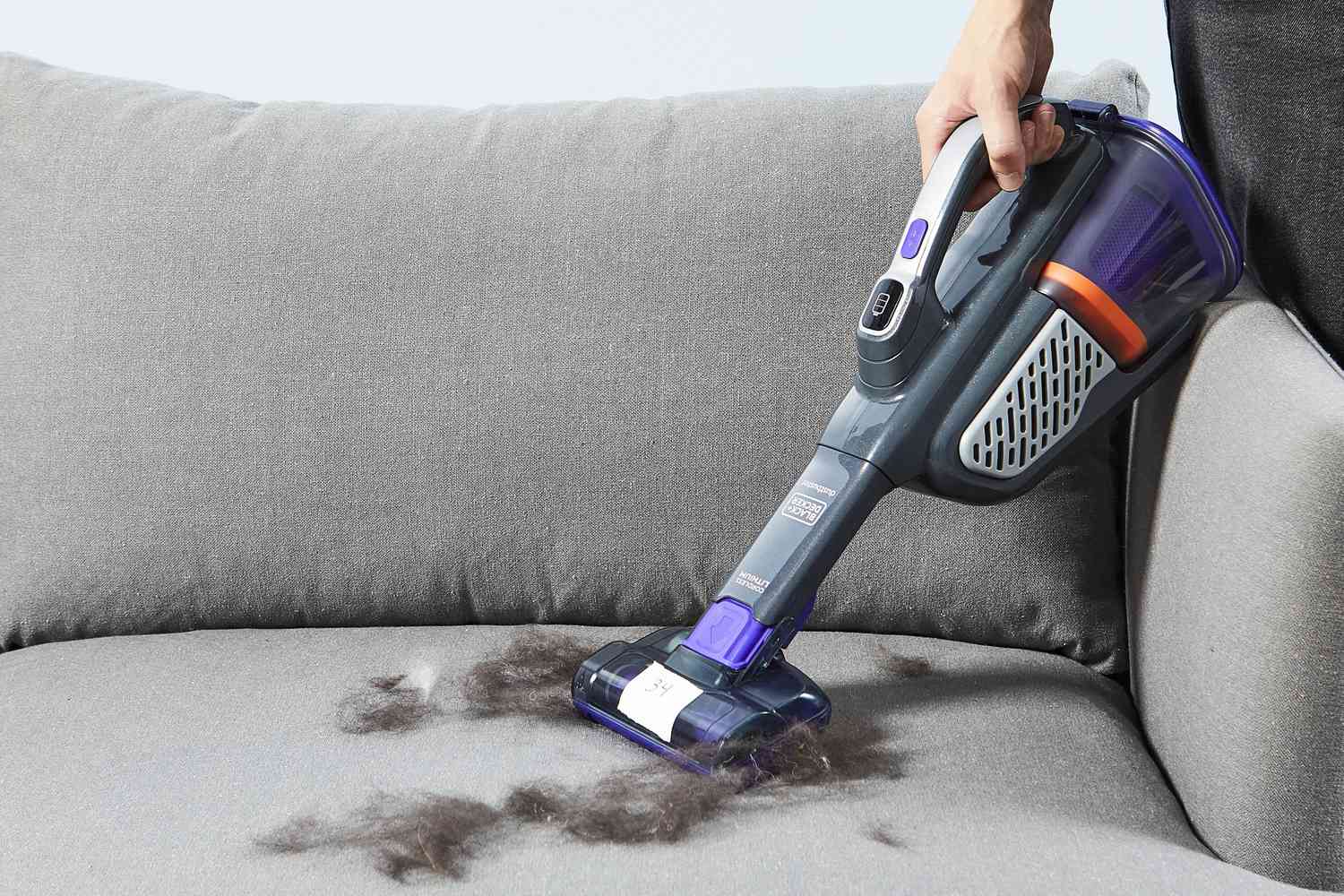

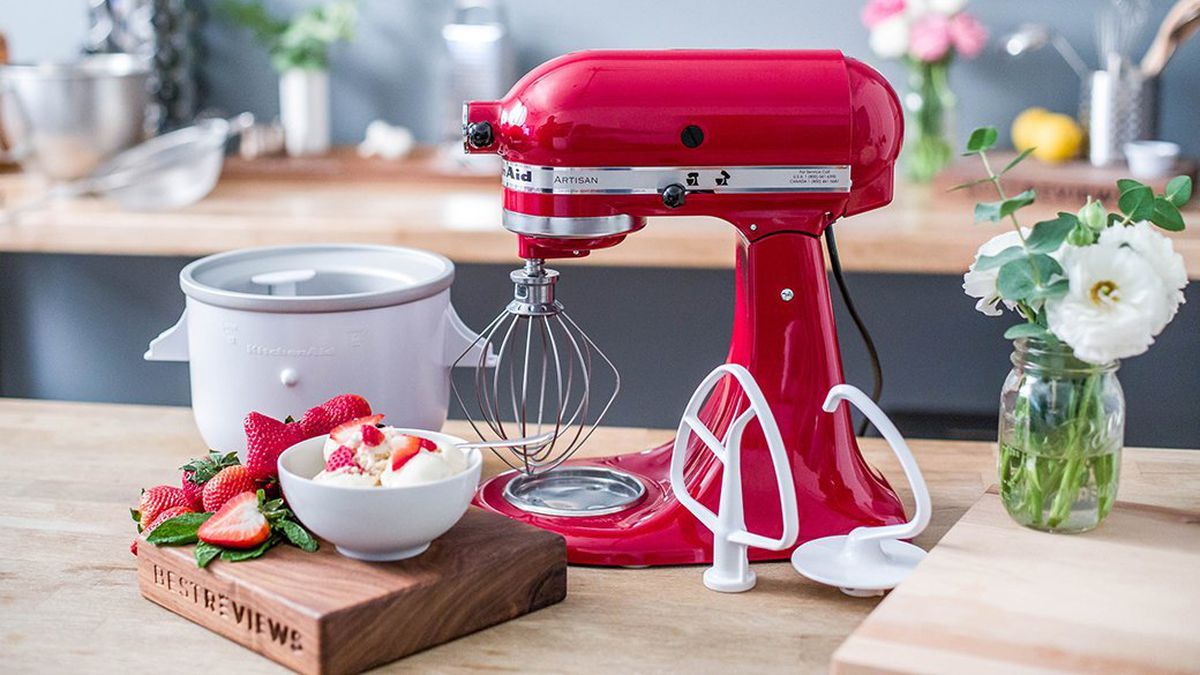
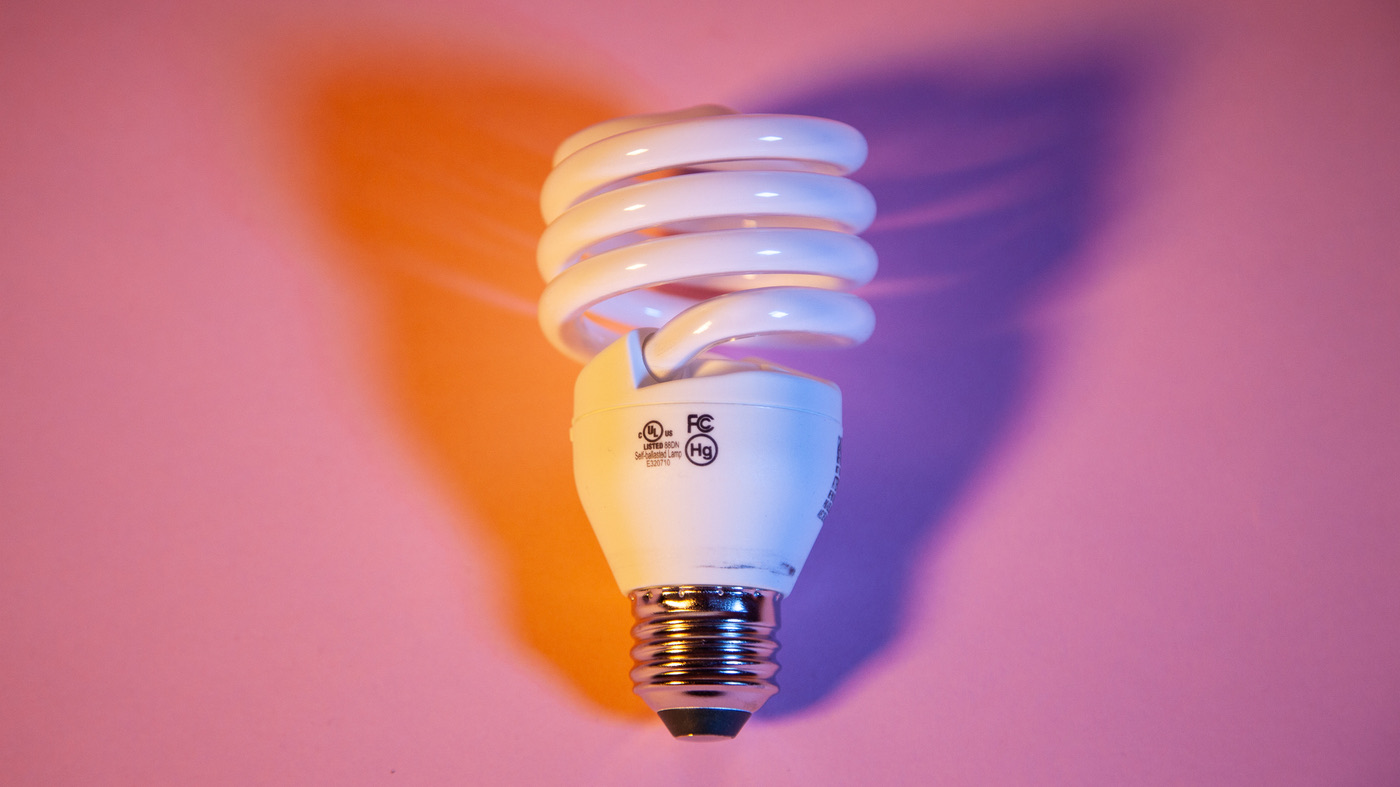
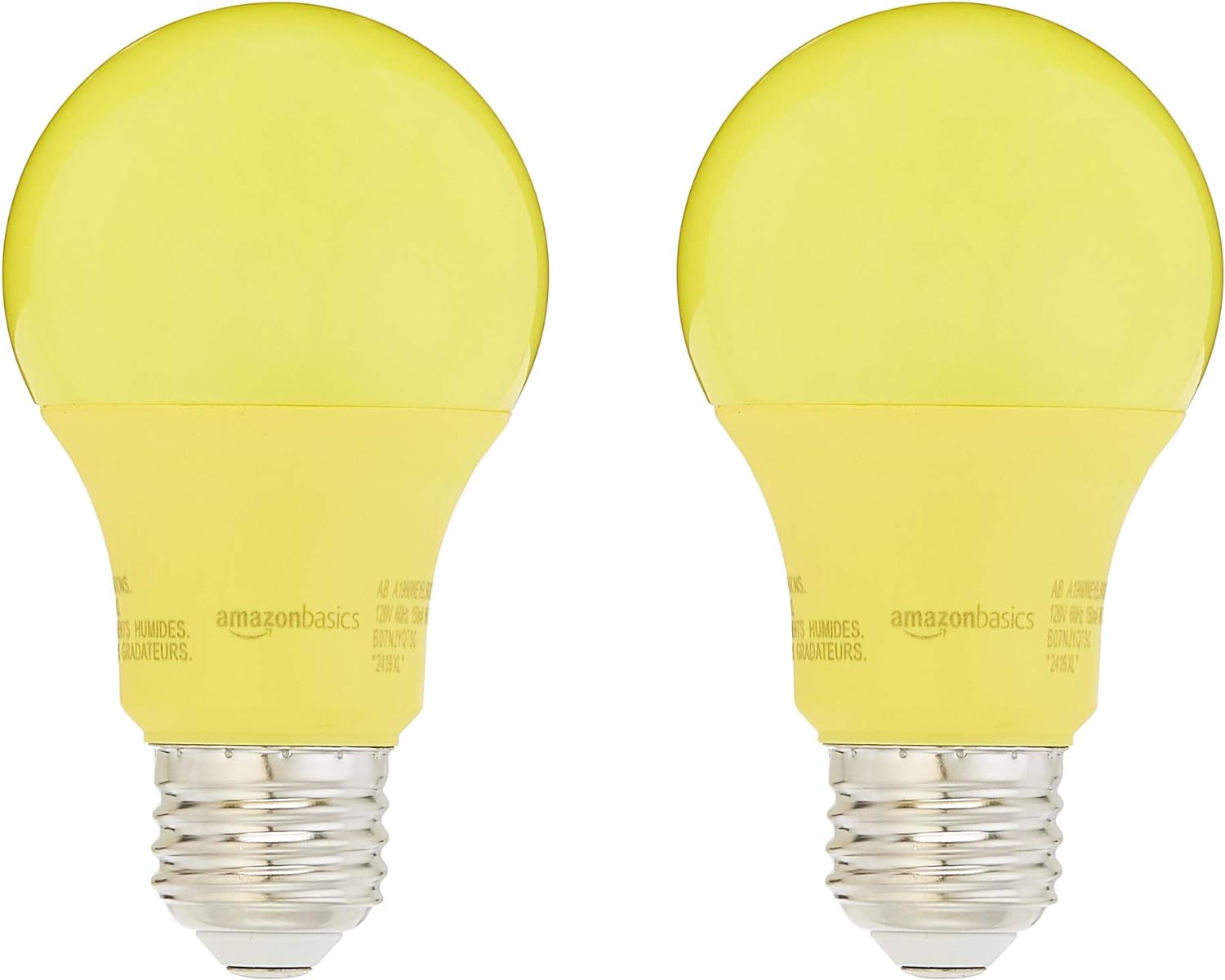

0 thoughts on “How Many Watts For A Vacuum Cleaner”